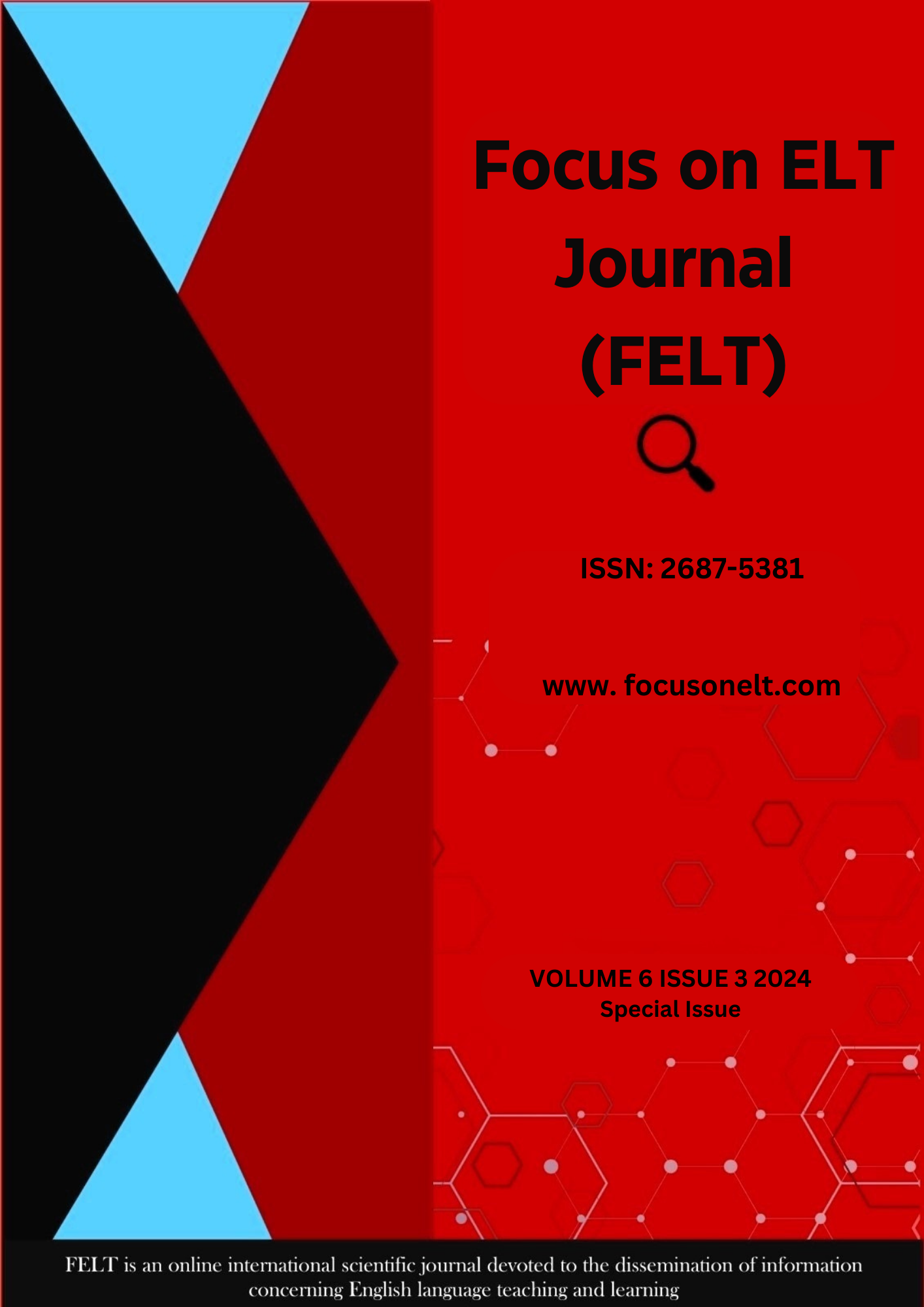Journaling about interaction: Metacognition around language learning
Main Article Content
Abstract
Opportunities for interaction are not guaranteed in study abroad experiences, as they are premised upon fragile new language identities that are supported (or not) by a constellation of relationships, meaningful encounters, and a sense of belonging. This study focuses on a journaling activity added to a regularly occurring group meeting at a US university to engage international graduate students in conversational English. Through weekly journals and small group discussion, students reflect upon how context and interlocutors influence what they can do in a new language. Students were invited to consider both micro-contexts (situation-based) and macro-contexts (geopolitics, racialization) of their interactions, and explore interactional “successes” as well as breakdowns. Findings include increased awareness of the considerable burden for international students in engineering interactional “success,” and the diversified, yet persistent tendency of native speaker ideology to influence learner perspectives.
Metrics
Article Details

This work is licensed under a Creative Commons Attribution-NonCommercial-NoDerivatives 4.0 International License.
References
Anderson, T. (2019). Reproductions of Chinese transnationalism: Ambivalent identities in study abroad. Applied Linguistics, 40(2), 228–247. https://doi.org/10.1093/applin/amx018
Barkhuizen, G. (2017). Investigating multilingual identity in study abroad contexts: A short story analysis approach. System, 71, 102–112. https://doi.org/10.1016/j.system.2017.09.014
Benson, P., Barkhuizen, G., Bodycott, P., & Brown, J. (2012). Study abroad and the development of second language identities. Applied Linguistics Review, 3(1), 173–193. https://doi.org/10.1515/applirev-2012-0008
Bourdieu P. (1984). Distinction: A social critique of the judgement of taste. Harvard University Press.
Brinkmann, S. (2013). Qualitative interviewing. Oxford University Press. https://doi.org/10.1093/acprof:osobl/9780199861392.001.0001
Cai et al. (2022). Unpacking identity construction and negotiation: A case study of Chinese undergraduate students’ social and academic experiences while studying abroad. System, 110. https://doi.org/10.1016/j.system.2022.102896
Darvin, R. & Norton, B. (2015). Identity and a model of investment in applied linguistics. Annual Review of Applied Linguistics 35, 36–56. https://doi.org/10.1017/S0267190514000191
De Costa, P. I., Tigchelaar, M., & Cui, Y. (2016). Reflexivity and transnational habitus: The Case of a “poor” affluent Chinese international student. AILA Review, 29, 173–198. https://doi.org/10.1075/aila.29.07dec
Dignath, C., & Büttner, G. (2008). Components of fostering self-regulated learning among students. A Meta-analysis on intervention studies at primary and secondary school level. Metacognition and Learning, 3, 231-264. https://doi.org/10.1007/s11409-008-9029-x
Dörnyei, Z. (2007). Research methods in applied linguistics. Oxford University Press.
Dörnyei, Z. (2009). The L2 motivational self system. In Z. Dörnyei & E. Ushioda (Eds.), Motivation,language identity and the L2 self (pp. 9-42). Multilingual Matters. https://doi.org/10.21832/9781847691293-003
Fraser, C. C. (2002). Study abroad: An attempt to measure the gains. German as a Foreign Language Journal, 1, 45-65.
Gu, Q. (2015). An emotional journey of identity change and transformation: The impact of study-abroad experience on the lives and careers of Chinese students and returnees. Learning and Teaching, 8(3), 60–81. https://doi.org/10.3167/latiss.2015.080304
Hacker, D. J., Dunlosky, J., & Graesser, A. C. (2009). Handbook of metacognition in education. Routledge. https://doi.org/10.4324/9780203876428
Institute of International Education. 2023. “International students, 2022-2023.” Open Doors report on international educational exchange. https://opendoorsdata.org/annual-release/international-students/#fast-facts
Lomicka, L. & Ducate, L. (2021). Using technology, reflection, and noticing to promote intercultural learning during short-term study abroad. Computer Assisted Language Learning, 34(1-2), 35-65, https://doi.org/10.1080/09588221.2019.1640746
Newbold, D. (2021). English lingua franca: New parameters for the teaching (and testing) of English pronunciation? EL.LE, 3. https://doi.org/10.30687/ELLE/2280-6792/2021/03/003
Norton, B. (2000). Identity and language learning: Gender, ethnicity and educational change. Longman.
Ranta, L. & Meckelborg, A. (2013). How much exposure to English do international graduate students really get? Measuring language use in a naturalistic setting. Canadian Modern Language Review 69, 1–33. https://doi.org/10.3138/cmlr.987
Silver, L., Devlin, K., & Huang, C. (2021, March 4). Most Americans support tough stance toward China on human rights, economic issues. Pew Research Center. https://www.pewresearch.org/global/2021/03/04/most-americans-support-tough-stance-toward-china-on-human-rights-economic-issues/#americans-generally-welcome-international-pupils-but-widespread-support-for-limits-on-chinese-students
Whitworth, K. F. (2006). Access to learning during study abroad: The roles of identity and subject positioning. [Doctoral dissertation, The Pennsylvania State University]. Penn State Libraries. https://etda.libraries.psu.edu/files/final_submissions/3546
Ye, L., & Edwards, V. (2017). A narrative inquiry into the identity formation of Chinese doctoral students in relation to study abroad. Race Ethnicity and Education, 20(6), 865–876. https://doi.org/10.1080/13613324.2017.1294570
Yu, J., Brown, G. T. L., & Stephens, J. M. (2018). Retrospective case studies of successful Chinese learners of English: Continuity and change in self-identities over time and across contexts. System, 72, 124–138. https://doi.org/10.1016/j.system.2017.11.008
Yu, Y., & Moskal, M. (2019). Why do Christian churches, and not universities, facilitate intercultural engagement for Chinese international students? International Journal of Intercultural Relations, 68, 1–12. https://doi.org/10.1016/j.ijintrel.2018.10.006
Zhou, Y., & Todman, J. (2009). Patterns of adaptation of Chinese postgraduate students in the United Kingdom. Journal of Studies in International Education, 13(4), 467–486. https://doi.org/10.1177/1028315308317937

